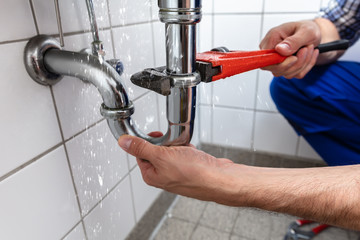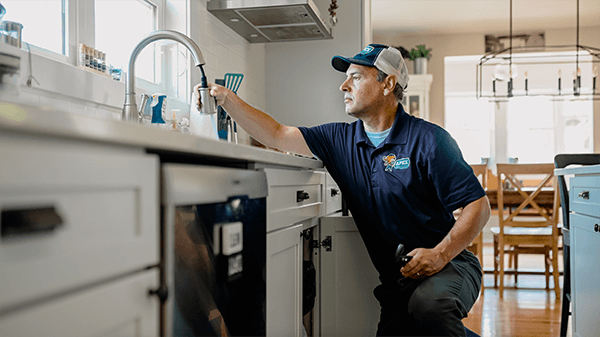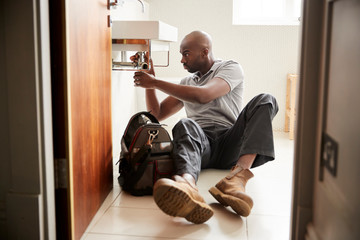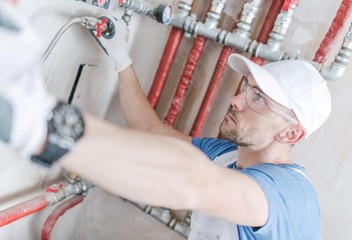Qualities of an Expert Plumber
Plumbing systems are crucial to a healthy and hygienic home. They ensure water, gas, and waste flow safely and efficiently through various fixtures. A plumber is an expert in plumbing and has the technical know-how to resolve problems. They may also offer tips and advice to keep your plumbing facilities in good condition.
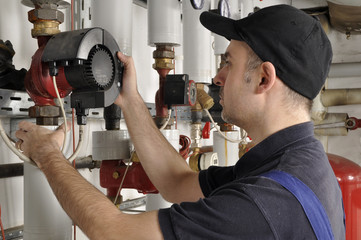
Plumbers are a vital part of any home or business. They are responsible for repairing and maintaining your property’s pipes, drains, water heaters, and other systems. A professional and experienced plumber can quickly, accurately, and efficiently resolve issues. They can also be able to prevent future problems from occurring.
Experience: A plumber can gain experience through apprenticeships or by going to a trade school or vocational program that a national trade union has accredited. This can take several years and requires completing coursework and on-the-job training.
Plumbing skills: Expert plumbers have a broad knowledge of pipe systems, sewage removal and septic tanks. They are also mechanically inclined and understand basic mechanics, technical concepts, and troubleshooting techniques.
Communication: A good plumber listens and communicates well with customers, ensuring they understand what is being done and how it will help them. They are also able to explain complicated matters simply and clearly.
Expert Plumbers are skilled at listening carefully to clients and other tradespeople, ensuring they understand their problems and recommend possible solutions. This enables them to make the client feel comfortable with the work they will do and helps ensure the plumbing job goes smoothly.
It’s also important for a plumber to be able to communicate effectively, whether they work alone or as part of a construction team. They will often need to explain complex matters in a way that’s clear and easy for customers to understand without using difficult terms or technical language.
Listening is a vital leadership skill that many HVAC, plumbing, or electrical company team members fail to learn. Leaders who listen to their coworkers will win the respect, loyalty, and trust of their staff. They will be able to see areas of concern or confusion in their team that may need coaching or counseling so they can address them and bring the company back into alignment with client needs, wants, and concerns.
One of the biggest qualities you want to look for in an expert plumber is proper organization. This means they take the time to ensure they have all the right tools and documentation before they begin working. Plumbing jobs often involve multiple details, so having a well-organized technician can save you time and money in the long run. Moreover, organized plumbers also know how to work smarter rather than harder. This is especially true with larger systemic problems, which can significantly impact your monthly utility bills. It would be best to look for plumbers who offer a service warranty on their work. This will give you the peace of mind you need, and you won’t have to worry about a hefty repair bill later on.
A plumber is a skilled tradesperson who specializes in installing, repairing, and maintaining plumbing systems. Plumbing systems include pipes, fixtures, and appliances that are used for distributing and disposing of water, gas, and waste in homes, buildings, and other structures.
Plumbers can perform a variety of tasks, including:
Installing and repairing pipes and plumbing fixtures, such as sinks, toilets, and showers.
Installing and repairing water heaters, boilers, and other heating systems.
Clearing clogs and blockages in pipes and drains.
Inspecting plumbing systems to detect leaks or other problems.
Designing and installing new plumbing systems for new construction or renovation projects.
Providing maintenance and repair services for plumbing systems to prevent issues and ensure proper functioning.
Plumbers must have a strong knowledge of plumbing systems and be able to read blueprints and technical drawings. They must also have good problem-solving skills and be able to work efficiently and safely with a variety of tools and equipment.
In order to become a plumber, individuals typically need to complete an apprenticeship program and obtain a license or certification from their state or local government.

